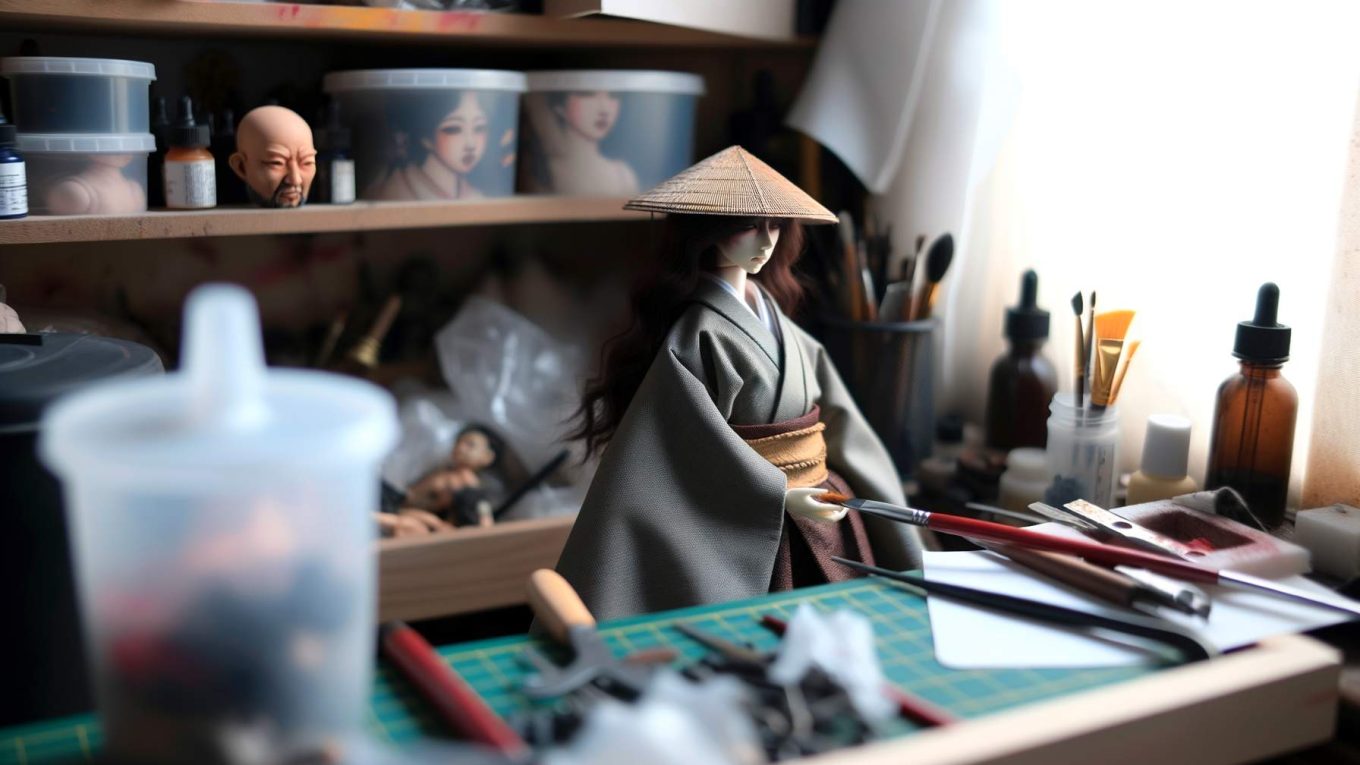Demon slayer sex doll
In today’s discussion of the fan culture and ethical boundaries, we will explore an exciting but rather controversial phenomenon of anime merchandise. Raised in discussion, it indeed prompts the question of where the line should be drawn, in terms of both cultural sensitivity and the fan-oriented continuation of a favorite fictional work into a commercial area. What does it mean both in terms of fans pushing for their demands and the image of the brand in a wider context? Let us discuss these issues and try to find a clear level of formulation in the midst of all the controversy!
Understanding the popularity of “Demon Slayer”
Influence of anime in global culture
Anime is a form of visual art that has extended beyond its country of origin and become a popular cultural phenomenon worldwide. Through the use of animation, artists and illustrators are able to more effectively tell stories and convey their messages to audiences. In addition to visual stimuli, the artist uses music to create an emotional response in the audience. People in more and more countries are appreciating this technique, and cultural exports from Japan are being adopted worldwide. The dialogue between cultures is enriched as a result, and the wider the audience for Japanese, or simply more stunning, television, the more varied merchandise can be sold.
Key themes and characters
The animated series “Demon Slayer” covers quite profound topics of both Japan nationally and humanity. Themes such as resilience, family values, and the battle of good and evil develop the storyline of central characters who are trying to protect the sister and win vengeance for their families. The struggle between Tanjiro Kamado and demons not only build up the plots of the series’s episodes but also quite symbolic for keeping various interactions with protagonists or antagonists.
Ethical considerations in merchandise development
Balancing fan demands with cultural sensitivity
Merchandise developers must ensure that they recognize and respect the diverse cultural backgrounds of their international audience. This involves a delicate balance between meeting fan demands and honoring cultural sensitivity, essential for maintaining global harmony and brand integrity.
Impact on brand reputation
Brand reputation is a significant asset for every company. For producers and distributors of merchandise, related to anime, however, it may be of even greater importance. Undoubtedly, a product that meets social expectations, is not offensive and is related to some subculture, and thus, may be connected to some consumers’ tastes, generates greater public interest and brand loyalty. At the same time, considerable damage can be done to consumers’ trust and brand perceptions by improper merchandise that completely disregards these considerations. Moreover, in the context of the rapidly evolving market that demands something new and extraordinary, continued protection of the brand also includes the necessity for new merchandise to respectfully refer to the source and particular audience. This approach makes a considerable contribution to the growth of public interest and, in the long-term perspective, protects the brand from negative backlashes caused by riot or provocations from rivals.
Navigating legal landscapes for anime-based products
Copyrights and intellectual property issues
When developing merchandise for an anime franchise, one must always consider the copyrights and intellectual property rights held in that country. These frameworks were created by lawmakers to protect the unique creations of authors and studios. Therefore, if unlicensed merchandise from that franchise becomes available in the market, they are infringed and lead to lawsuits and financial costs. The two require that licensing agreements must exist between the creators or license holders and the manufacturers to use specific characters or events the anime in question. By respecting these agreements, one not only operates within the law but also continues to respect the accumulated piece of animation work. Types of anime-related products that fall under this requirement include figures and clothing with anime designs.
International laws affecting merchandise
International laws governing merchandise significantly influence how anime franchises manage the distribution of their products globally. Variations in copyright and import regulations across different countries necessitate careful planning to ensure compliance and avoid legal issues.
Alternative merchandising strategies for anime franchises
Exploring alternative merchandising strategies for anime franchises allows creators to meet diverse fan expectations while maintaining ethical standards and cultural sensitivity. These approaches can help in broadening the market and enhancing the overall brand value of an anime series.
| Strategy | Description |
|---|---|
| Limited Edition Releases | Offer rare items for a short period to increase collectibility and value. |
| Digital Merchandise | Develop virtual goods such as wallpapers, avatars, and online game items that reflect key characters and themes. |
| Eco-friendly Products | Produce merchandise using sustainable methods and materials to appeal to environmentally conscious consumers. |
These strategies not only respect the fandom’s diversity but also contribute to a positive social impact and brand reputation.
Answers to frequently asked questions
What is the controversy around creating merchandise like a Demon Slayer sex doll?
The controversy stems from concerns about the ethical implications of using popular anime characters, particularly those admired by younger audiences, in adult-oriented merchandise. This includes issues related to the sexualization of characters who may be perceived as minors or who symbolize innocence and heroism in their narratives.
How do manufacturers address fan reactions to merchandise like Demon Slayer sex dolls?
Manufacturers typically respond to fan reactions by evaluating the feedback through social media and customer reviews. If the merchandise receives significant backlash, companies might pull controversial products from their lineup or modify them to better align with fan expectations and ethical standards.
Are there legal protections for anime characters used in products like sex dolls?
Yes, anime characters are protected under copyright laws, which grant the original creators or current rights holders control over how their characters are used. This includes any adaptations or reproductions in various forms of merchandise, including adult-themed products. Legal actions can be taken against unauthorized use of copyrighted characters.
